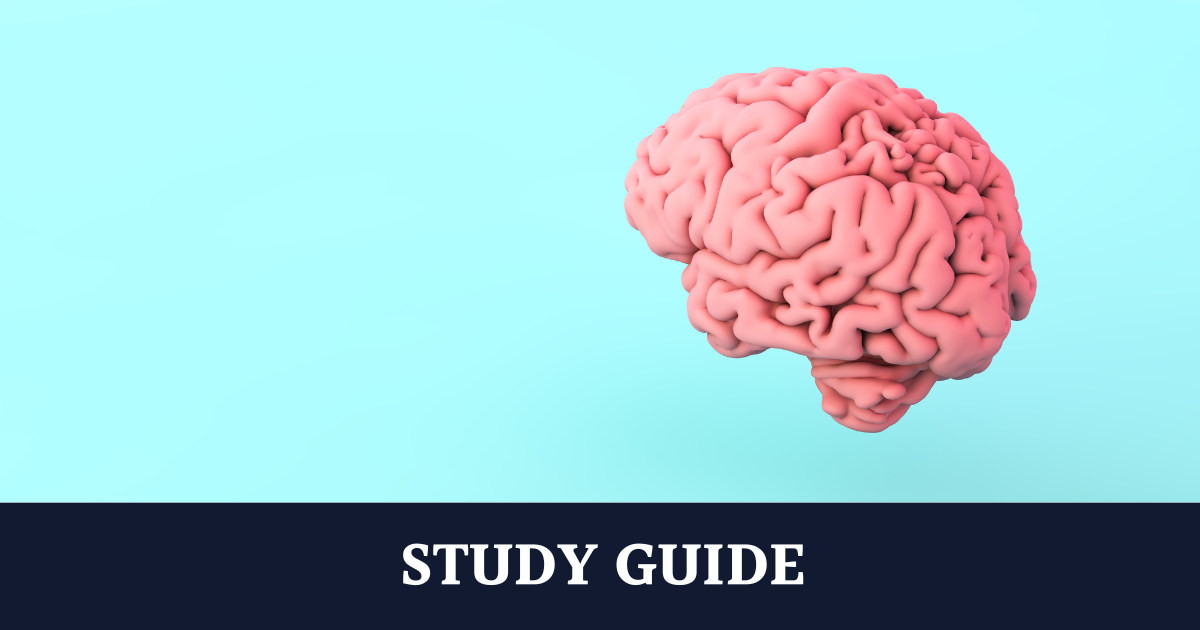The brain is a developed organ made up of a large number of neurons and supporting cells. The interconnection between the neurons is what makes the brain function. Unlike other cells in the body that can regenerate, there are three types of cells that cannot regenerate. These include hepatocytes in the liver, neurons in the sensory and nervous system, and cardiac muscles.
What is neuroplasticity?
It is this absence of regenerative capacity of neurons that make the brain damage a permanent disease. But the brain has the ability to reorganize the neuronal connections to compensate for the function of lost neurons in injury. This is called neuroplasticity. During recovery from injury, neurons in the other regions of the brain take over the function of the damaged areas by forming new nerve pathways.
Is recovery after brain injury possible?
Neurorehabilitation after brain injury plays a central role in speeding up the recovery process and preventing further deterioration of brain functions. Even though rehabilitation cannot reverse the effects of brain injury, it can help people achieve the best possible outcome from remaining healthy neurons in the long run.
Progressive, skilled, and repeated exercises are essential for continued gains at any time after stroke onset. The motor-training practices must engage the motivation, attention, and learning networks at multiple levels of the brain in order to have a positive impact on the patient.
It is difficult to predict how much time will be taken by the brain to recover from acquired brain injury and whether the recovery is possible or not. Recovery from brain damage is a slow process that depends upon the extent of brain damage and the region of the brain involved.
Research evidence
Recent clinical studies have shown that the neurorehabilitation exercises not only improve the limb function and cognitive skills but also result in a change in anatomic makeup of the brain. Patients who have mild to moderate levels of impairment and disability can benefit from progressive task-related activities, neurostimulation, exercise for empowering muscles, and drug and biological manipulations to reach a plateau phase (the maximum they can improve) in that particular skill.
Though the best outcomes come when neurorehabilitation takes place as soon after injury, rehabilitation can improve brain function even when it is started months after initial brain injury. A study published in 2017 emphasizes on starting the rehabilitation as early as 14 days after the brain injury. The author quotes the rationale behind this early rehab as “There is a window of enhanced neuroplasticity early after stroke, during which the brain’s dynamic response to injury is heightened and rehabilitation might be particularly effective”.
According to the American Stroke Association, the evidence of recovery after stroke is really promising. Around 25% of patients recover with minor impairments in cognitive or motor functions while 10% of stroke survivors recover almost completely. The other 40% experience moderate to severe impairments but can learn to reacquire skills through rehabilitation.
A Johns Hopkins study confirmed that it is possible to rewire the brain through intense training and early rehabilitation. They found that if the motor cortex -the part of the brain that handles coordinated intentional movements – is destroyed, the medial premotor cortex takes the reins if the brain is retrained to perform coordinated motor tasks. The study also found compelling evidence on the sooner the rehabilitation started, the better the outcome.
Conclusion
Acquired brain injury remains a leading cause of disability in the world. Although the number of people surviving the initial stroke is increasing, their recovery and participation in neurorehabilitation programs still depends on the local response. The brain can physically alter its structure to overcome the deficiencies after injury if trained properly. Modern medicine, physical activities, cognitive and emotional therapies, and technology-assisted exercises are proving to be promising.
Looking for a brain injury expert?
Instruct a brain injury expert witness today. NRC Medical Experts provide high-quality court reports and expert witness testimony. Meet our brain injury expert witnesses.

